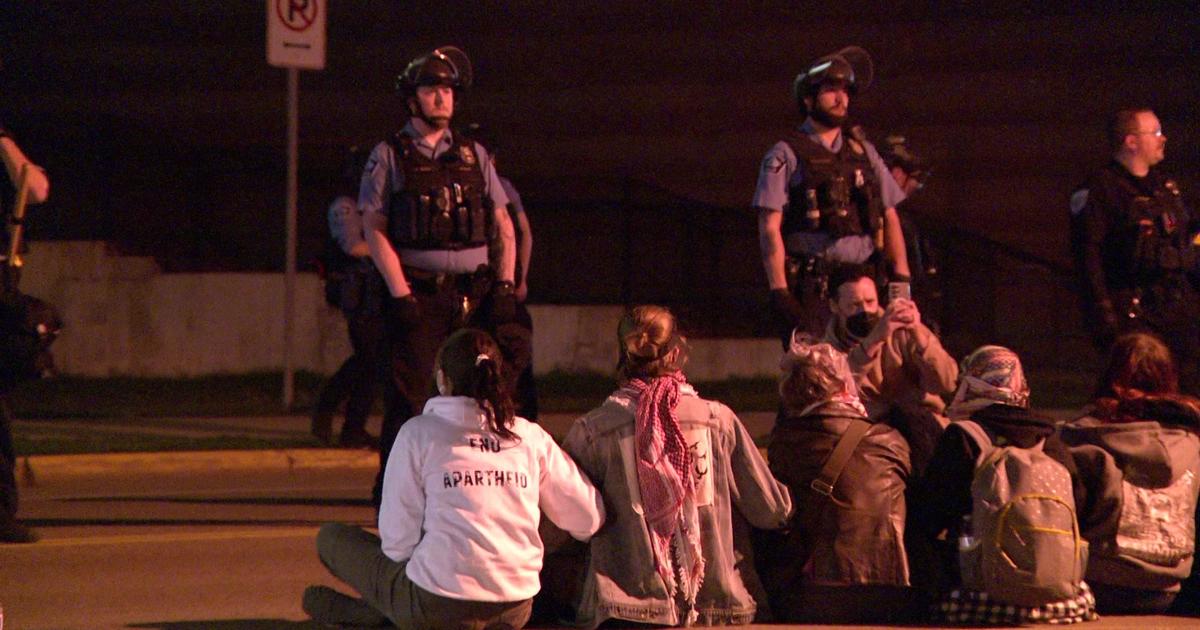University of Minnesota study reveals TikTok's negative impact on mental health
MINNEAPOLIS -- TikTok is one of the most popular apps in the U.S. -- more than 150 million Americans log on at least once a month.
A new study from the University of Minnesota found those using it to find mental health help may end up finding just the opposite.
For many, TikTok has quickly become their main source of news, entertainment and creativity.
"I've tried to stop a little bit but it's hard because when you scroll...like, you see a video and then you just keep scrolling cause you see the same videos and then it's just addicting," Brooklyn Stehling said.
MORE: Why TikTok faces bans in the U.S.
But for users looking at mental health content, the app can be a double-edged sword.
"The 'For You' page is an infinite scroll so you're not going to reach the bottom of it," Ashlee Milton, a researcher at the University of Minnesota, said. "And so people would just keep scrolling and scrolling and as they interacted with this mental health content, they would get more and more of it."
Computer scientists at the University of Minnesota are studying the impact TikTok's algorithm is having on its users who view mental health content -- a popular category.
A sample of 100 videos had been viewed more than 1.3 billion times.
"These platforms provide a lot of social value to people in validating their experiences and making people feel less alone," Stevie Chancellor, an assistant professor at the University of Minnesota, said.
But there is a downside -- they call it the "runaway train."
MORE: Teens turning to TikTok for mental health advice are self-diagnosing
"Often times if you're a person struggling with depression, you may not want to see over and over and over those negative experiences and that triggering information and TikTok will continue to give you that if you interact with the content," Chancellor said.
As they continue to study the impact of TikTok's feed, the scientists say it's important to recognize when your time -- or your kid's time -- on the app is doing more harm than good.
"It's complicated and it's important to consider different ways you could use TikTok that might mitigate some of the negative aspects," Chancellor said.
The researchers behind the story are traveling to Germany this weekend to present their findings at a conference.




